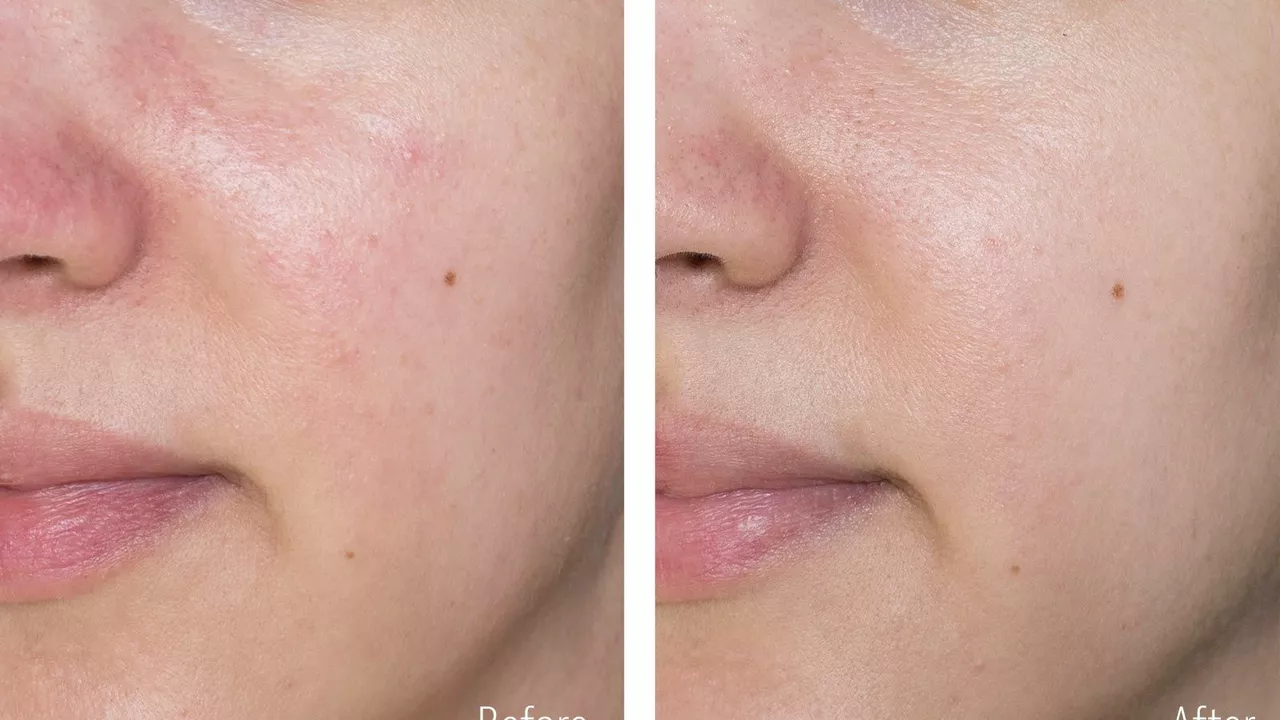Hormonal changes can sneak up on you — one week you're fine, the next you're tired, moody, and your skin acts out. Hormones control many body systems, so small shifts can change sleep, weight, mood, and libido. This page helps you spot the difference between normal ups and downs and a real imbalance, with clear steps you can try right away.
Look for patterns. Common signs of hormone changes include persistent fatigue, unexplained weight gain or loss, irregular periods, sudden acne, low sex drive, mood swings, and trouble sleeping. Causes are usually straightforward: puberty, pregnancy, postpartum, menopause, thyroid problems, stress, large weight changes, certain medications (like steroids or some psychiatric drugs), and chronic illness.
Some symptoms come from specific issues: a slow thyroid (hypothyroidism) often causes cold sensitivity, constipation, and slowed thinking. Perimenopause and menopause typically bring hot flashes, night sweats, and irregular periods. High stress raises cortisol and can disturb sleep, appetite, and energy.
Start simple. Track your symptoms for a few weeks — time of day, food, sleep, and any new drugs or supplements. That record helps your clinician. Improve sleep (regular bedtimes, no screens an hour before bed). Eat balanced meals with protein, healthy fats, veggies, and whole grains to stabilize blood sugar. Move your body most days: short walks, strength sessions twice weekly — both support hormones.
Stress matters. Try short, daily habits: five minutes of focused breathing, a quick walk, or a few stretches. These tiny actions lower cortisol and often improve mood and sleep within days. Avoid heavy caffeine late in the day and limit high-sugar snacks that spike insulin.
Supplements and meds can help, but be cautious. Don’t start hormones, high-dose vitamins, or herbal mixes without talking to a clinician — they can interact with other drugs and sometimes make symptoms worse. If you take prescription meds, ask whether they affect hormones; for example, some antidepressants change libido or weight.
When to see a doctor: get professional help if symptoms are severe, sudden, or interfere with daily life — for example, heavy irregular bleeding, extreme tiredness, rapid weight change, fainting, or major mood shifts. A clinician will review your history, likely order blood tests (TSH, free T4, sex hormones, glucose, and sometimes cortisol), and discuss treatment options. Treatment can be lifestyle changes, targeted medications, or hormone therapy depending on the cause.
Want more? Read our related guides like "Dermatitis and Sleep" for skin-related hormone effects or "Alternatives to Wellbutrin SR" if medication side effects are a concern. Tracking, small daily routines, and the right medical check can make a big difference fast.
If you’re unsure where to start, pick one small habit today: consistent sleep, adding protein to breakfast, or a five-minute breathing break. Notice the change over two weeks — small steps add up.

In my latest blog post, I delve into the topic of mottled skin discoloration and its connection to hormonal changes in women. I discuss how fluctuations in hormone levels, particularly during periods such as pregnancy or menopause, can lead to skin changes including mottling. I also elaborate on ways to manage and treat these skin changes, from lifestyle modifications to medical treatments. Additionally, I emphasize the importance of regular dermatological check-ups to monitor these changes. Lastly, I share insights on how to maintain healthy skin despite hormonal fluctuations.